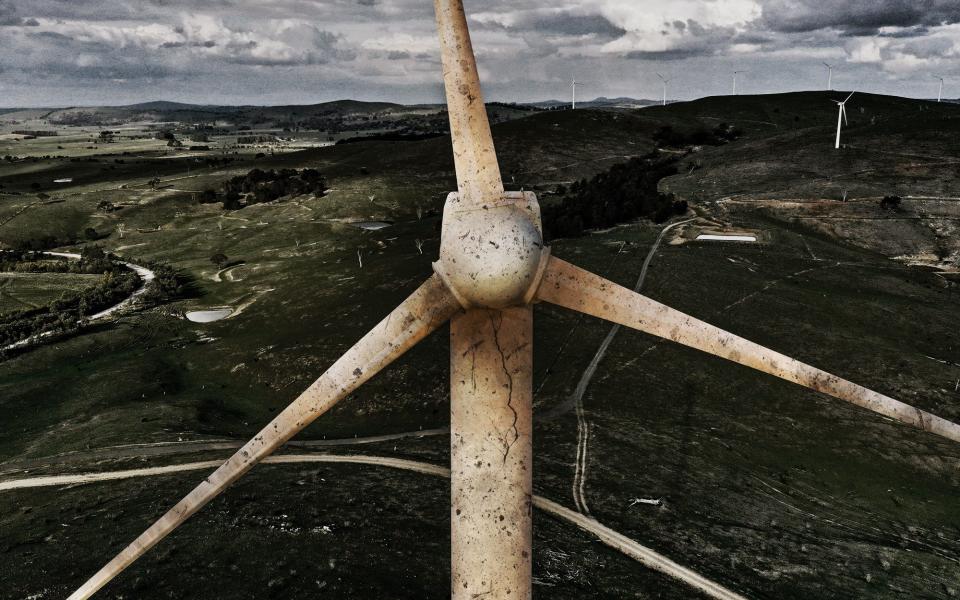National Grid ordered to fix ‘unacceptable’ delays that threaten net zero

The energy watchdog is to warn National Grid it must fix “unacceptable” delays in connecting up solar farms and wind turbines or face losing its infrastructure planning powers.
Jonathan Brearley, chief executive of Ofgem, will say in a speech today that a decade-long waiting list for energy projects seeking a link to Britain’s grid is threatening the race to net zero.
Ministers want the grid to be carbon-free by 2035, meaning all power will need to be generated by renewables, batteries, nuclear energy or hydrogen. But Mr Brearley will warn that this target is now at risk of being missed.
He will tell National Grid, the private monopoly which currently operates and owns the main transmission network, to fix the problem within two years or face tough reforms.
It is understood that these could include stripping National Grid of its role in planning when network upgrades take place, and instead handing this to an independent, centralised body.
Mr Brearley’s warning comes amid a huge backlog of energy projects – from batteries to solar and wind farms – seeking to be connected to the electricity grid, with some that applied recently told they will not be connected until the 2030s.
National Grid has blamed the issue on a combination of archaic rules that mean it must deal with applications on a “first come, first serve” basis, as well as regulations which stop it from upgrading the network based on anticipated future demand.
Speaking at the Utility Week Live conference, Mr Brearley will say: “Polite queuing may be in the very best of British traditions – but the first-come, first-served connections regime is not fit for purpose if we are to end fossil fuel power within 12 years.
“It is unacceptable energy projects are blocking great low-carbon schemes from plugging into the transmission network – with connection times of a decade or more.
“We can’t scale up the grid capacity needed by 2035 without much bolder intervention to get new power on the grid as quickly as possible.
“Poor connection speeds risk undermining us creating a net zero electricity system; protecting consumers from high and volatile gas prices and ultimately securing energy security and independence.”
Energy companies complain that the current system means shovel-ready projects that have investors and planning permission are forced to wait in the queue behind schemes with little chance of going ahead.
Developers say this encourages “pay and spray” applications where companies pay to secure places in the queues in multiple areas despite having no firm intention of proceeding.
As the problem grows, ministers have been warned the issue threatens investments in major energy projects.
In response, National Grid ESO (electricity system operator) says it is overhauling the system for connecting projects to the grid so that those with little chance of success can be demoted and others prioritised.
Ofgem has also vowed to change regulations or support changes to laws to ensure that the queue system can be overhauled.
National Grid ESO said changes being made now will mean that the connection date for 70pc of projects in the pipeline is moved forward by between two and 10 years.
A spokesman added: “The ESO is working with Great Britain’s Transmission Owners, Ofgem, Government, and the wider industry to solve one of the key challenges facing our energy system today.”

 Yahoo Finance
Yahoo Finance 